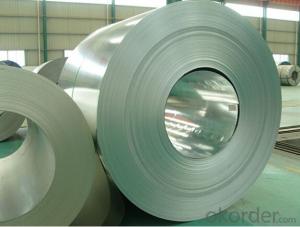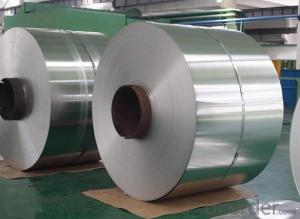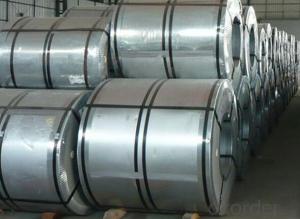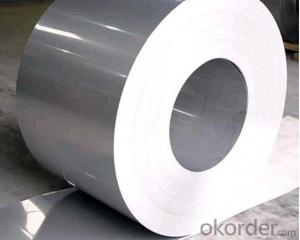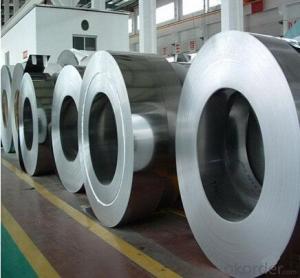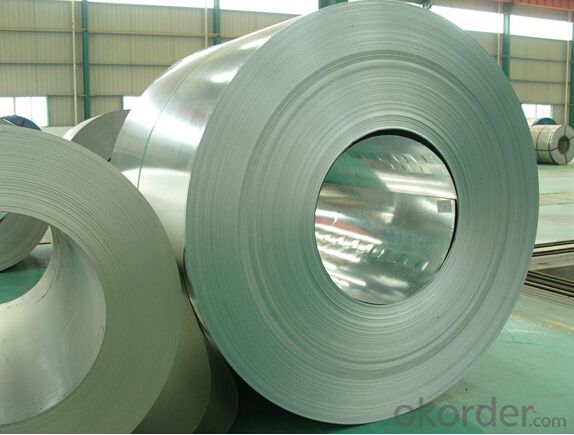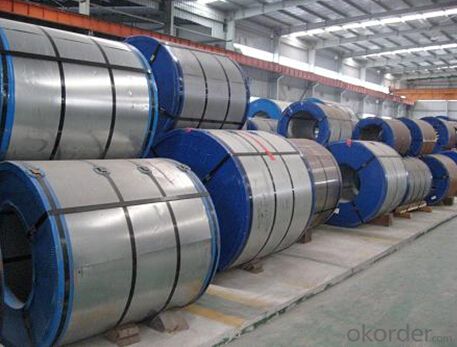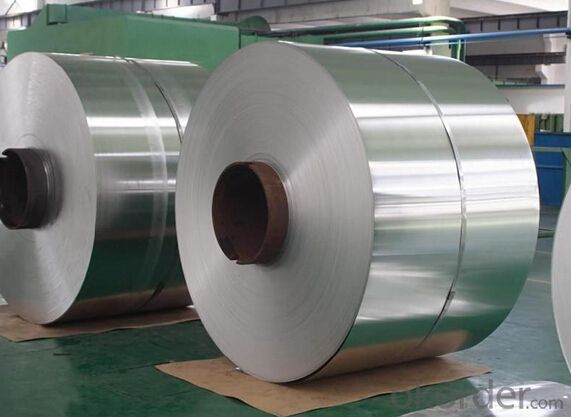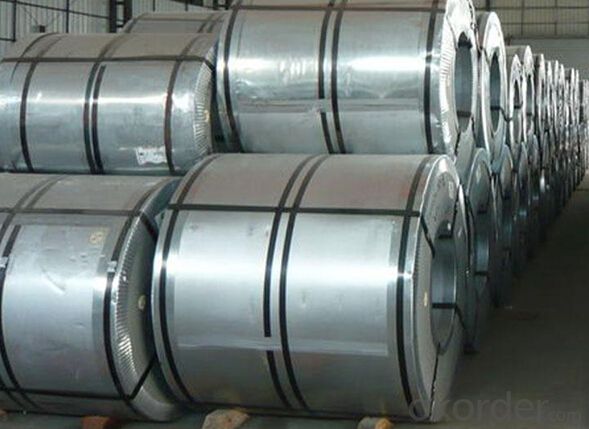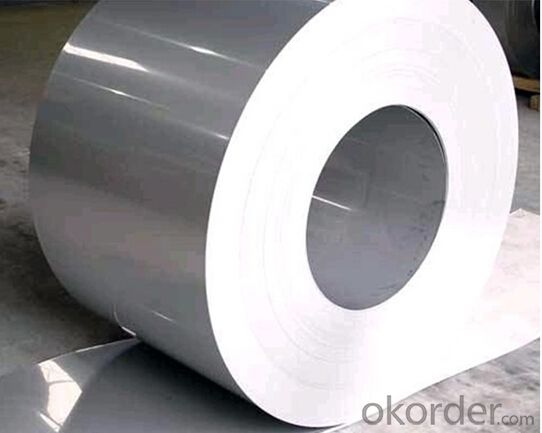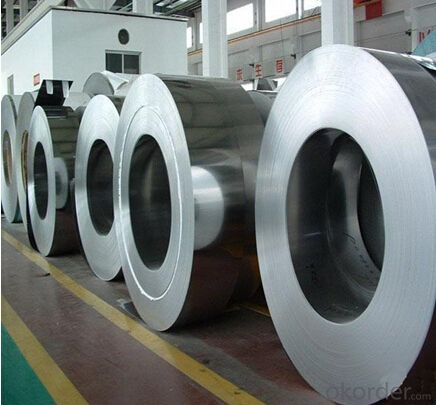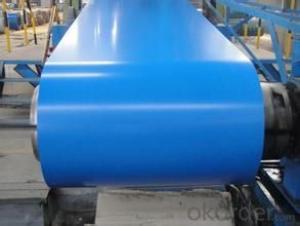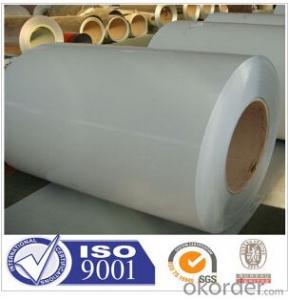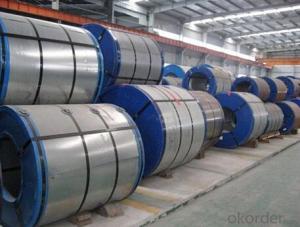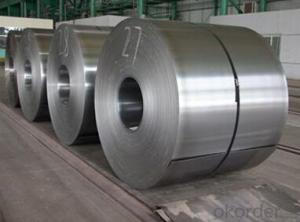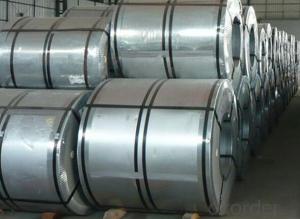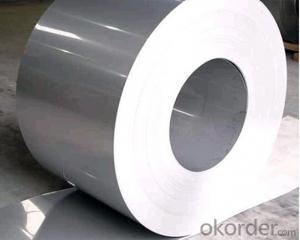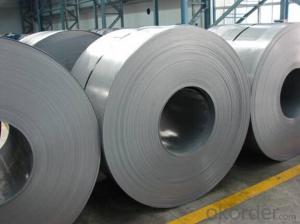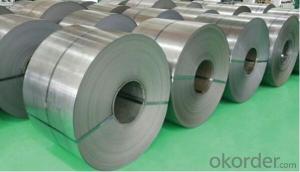Grade JIS G3302-SGCC Galvanized Steel Coil
- Loading Port:
- Tianjin
- Payment Terms:
- TT or LC
- Min Order Qty:
- 3 m.t.
- Supply Capability:
- 10000 m.t./month
OKorder Service Pledge
OKorder Financial Service
You Might Also Like
Specification
Specification of Grade JIS G3302-SGCC Galvanized Steel Coil
Galvanized Steel Coil
(1) Width: 600-1570mm
(2) Thickness: 0.13-5.0mm
(3) Grade: JIS G3302-SGCC-SGC570, SGCH (full hard-G550), SGHC-SGH540
EN10346-DX51D+Z, DX53D+Z, S250GD-S550GD
ASTM A653-CS-B, SS255-SS550
(4) Zinc Coating: Z20g/m2~Z400g/m2 (both side total coating thickness)
Packaging & Delivery of the Grade JIS G3302-SGCC Galvanized Steel Coil
Packaging Detail | Sea worthy packing /as per customer's packing instruction |
Delivery Detail | 15 ~ 40 days after receiving the deposit |
FAQ:
Are you a trading company or manufacturer? | Manufacturer |
What’s the MOQ? | 25 metric ton |
What’s your delivery time? | 15-35 days after downpayment received |
Do you Accept OEM service? | Yes |
what’s your delivery terms? | FOB/CFR/CIF |
What's the Payment Terms? | 30% as deposit,70% before shipment by T/T |
Western Union acceptable for small amount. | |
L/C acceptable for large amount. | |
Scrow ,Paybal,Alipay are also ok | |
Why choose us? | Chose happens because of quality, then price, We can give you both. Additionally, we can also offer professional products inquiry, products knowledge train (for agents), smooth goods delivery, excellent customer solution proposals. |
What's your available port of Shipment? | Main Port, China |
What’s your featured services? | Our service formula: good quality+ good price+ good service=customer's trust |
Where are your Market? | Covering more than 160 countries in the world |
Company Introduction
CNBM International Corporation is the most import and export platform of CNBM group(China National Building Material Group Corporation) ,which is a state-owned enterprise, ranked in 270th of Fortune Global 500 in 2015.
With its advantages, CNBM International are mainly concentrate on Cement, Glass, Iron and Steel, Ceramics industries and devotes herself for supplying high quality series of refractories as well as technical consultancies and logistics solution.
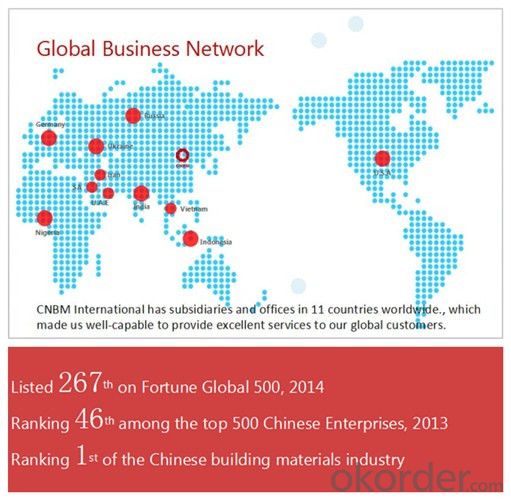
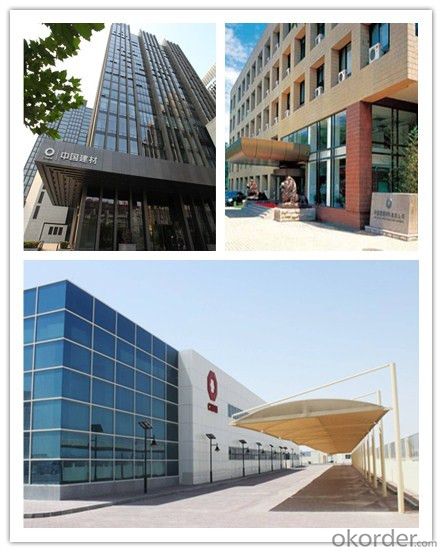
- Q: What are the factors affecting the strength of steel coils?
- The factors affecting the strength of steel coils include the composition of the steel, the manufacturing process used, the temperature and time of heat treatment, the presence of impurities or defects, and the degree of deformation during processing.
- Q: How are steel coils used in the production of agricultural equipment?
- Steel coils are used in the production of agricultural equipment as they are often shaped and formed into various components such as frames, chassis, and structural parts. These coils provide strength, durability, and stability to the equipment, making it capable of withstanding the demanding conditions and heavy workloads typically associated with agricultural tasks.
- Q: How do steel coils perform in extreme weather conditions?
- Steel coils generally perform well in extreme weather conditions. Steel is a durable and strong material that can withstand high temperatures, extreme cold, and harsh weather elements such as rain, snow, and wind. It has excellent resistance to corrosion, making it suitable for various outdoor applications. However, it is important to note that the performance of steel coils can vary depending on factors such as the specific grade of steel used, protective coatings applied, and the maintenance and care provided.
- Q: Are steel coils used in furniture manufacturing?
- Yes, steel coils are commonly used in furniture manufacturing for various purposes such as providing support and stability to seating structures, enhancing durability, and ensuring proper weight distribution.
- Q: How are steel coils used in the production of metal cladding?
- Steel coils serve as the primary raw material for metal cladding production. Metal cladding involves covering a building's exterior with a layer of steel to enhance its durability, aesthetics, and insulation. To begin the manufacturing process, galvanized steel coils are used. These coils are made by coating steel with zinc to prevent corrosion. They are then unrolled and fed into a roll-forming machine, which shapes them into the desired profile for the cladding panels. Once the coils are formed, they undergo various processes to improve their properties. These processes include cutting, perforating, and embossing to create patterns, textures, or openings in the panels. Additional protective layers, such as paint or powder coating, can also be applied to enhance corrosion resistance and appearance. The shaped and processed coils are assembled into metal cladding panels. These panels interlock seamlessly to create an appealing exterior for buildings. They can be attached to the building's structure using screws, clips, or adhesives. Using steel coils in metal cladding production offers several advantages. Steel is a strong and durable material, making it suitable for exterior applications that require resistance to weathering, impact, and other environmental factors. It also allows for a wide range of design options and customization. In summary, steel coils are essential in the production of metal cladding. They serve as the raw material, which is shaped, processed, and assembled into panels that enhance buildings' protection, aesthetics, and insulation properties.
- Q: How are steel coils inspected for thickness variations?
- Steel coils are inspected for thickness variations using non-contact laser measurement systems. These systems use laser sensors to scan the surface of the coil and measure the distance between the sensor and the coil at multiple points. The data collected is then analyzed to identify any variations in thickness, allowing for quality control and ensuring compliance with desired specifications.
- Q: Can steel coils be coated with phosphorescent materials?
- Yes, steel coils can be coated with phosphorescent materials. The phosphorescent coating can be applied to the surface of the steel coils, allowing them to emit a glow in the dark or low-light conditions.
- Q: Hey I just got a mini 14 manufactured in 1980. I also had some .223 Wolf steel cased HP rounds (about 200) that i could shoot throught it, but I was just wondering if its a bad idea to use this steel cased ammo...? Only the casing is steel i believe... and the bullet is copper jacketedthanks for your help
- I have had significant ejection and rechambering problems with Wolf semi-auto handgun ammo. It took forever to clean the fouling that the lacquered ammo generated too. I do not know about the rifle ammo, but I won't tempt fate over cheap rounds again.
- Q: In what ways can steel fail in use of buildings ad what can be done to prevent it?
- stress fractures, corrosion and heat can lead to failure. I worked the high steel for a few years when i was younger as an iron worker. Everything has to be set and welded or riveted properly. can you be more specific Steel is very flexible, so it makes a good building material. Its usually the concrete that fails first.
- Q: What are the different methods of coating steel coils?
- There exist numerous techniques for coating steel coils, each offering distinct advantages and applications. A few of the most prevalent methods comprise: 1. Hot-dip galvanizing: The process entails immersing the steel coils in molten zinc. This results in a protective layer forming on the steel's surface, thereby providing exceptional corrosion resistance and durability. 2. Electro-galvanizing: This method applies a layer of zinc to the steel coils using an electroplating procedure. It delivers a similar level of corrosion resistance as hot-dip galvanizing but with a thinner coating. 3. Electro-coating (E-coating): Also known as electrodeposition, this approach involves submerging the steel coils in a bath containing electrically charged particles of paint or resin. By applying an electrical current, these particles adhere to the steel's surface. E-coating provides outstanding corrosion protection and is often used as a primer before applying additional coatings. 4. Powder coating: Steel coils can undergo a dry powder paint application that utilizes electrostatic charging, followed by baking the coating onto the surface. This technique provides a wide array of colors, finishes, and textures, thus offering both aesthetic appeal and corrosion resistance. 5. Organic coatings: These coatings, such as paints or lacquers, are applied to the steel coils using various methods like spray, roller, or dip coating. Organic coatings offer protection against corrosion while also allowing for customizable colors and finishes. Each method of coating steel coils possesses its own set of advantages and is chosen based on the desired level of corrosion resistance, appearance, and specific end-use requirements.
Send your message to us
Grade JIS G3302-SGCC Galvanized Steel Coil
- Loading Port:
- Tianjin
- Payment Terms:
- TT or LC
- Min Order Qty:
- 3 m.t.
- Supply Capability:
- 10000 m.t./month
OKorder Service Pledge
OKorder Financial Service
Similar products
Hot products
Hot Searches
Related keywords
